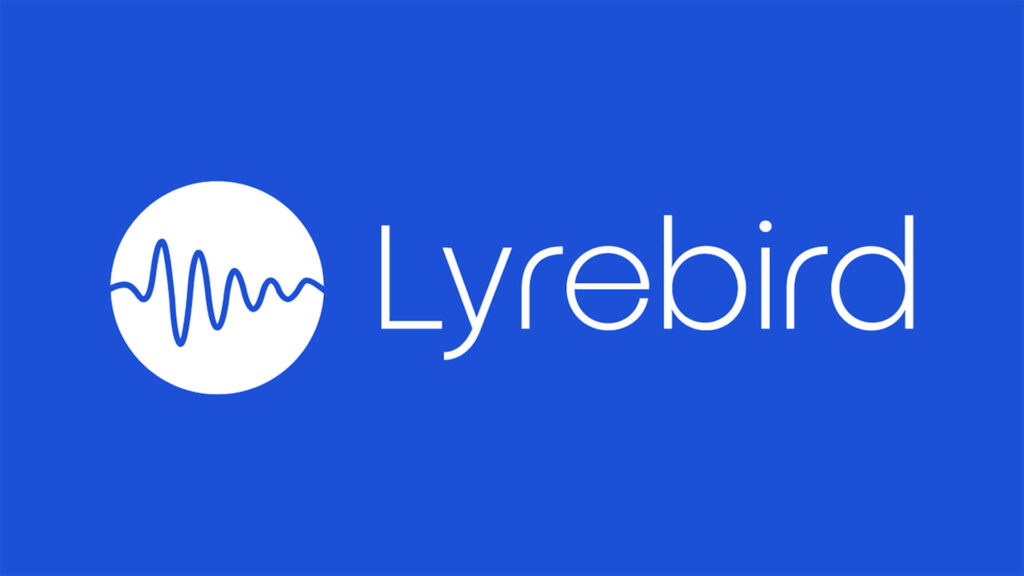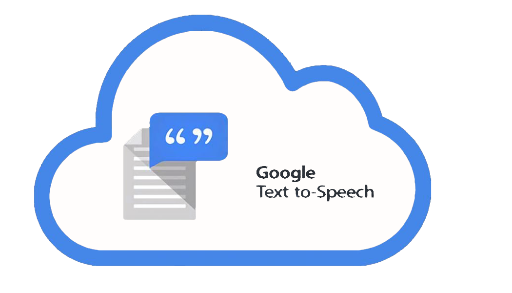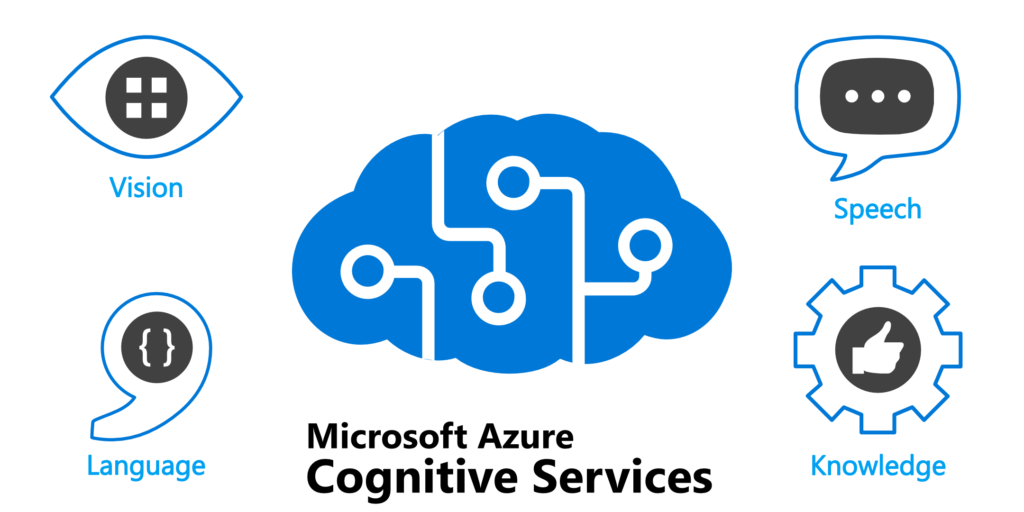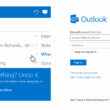In today’s digital age, text-to-speech technology plays a vital role in various industries and applications. While 15.ai has gained recognition as an AI-based text-to-speech platform, it’s important to explore alternative solutions that provide a wider range of options and advanced features. In this comprehensive guide, we’ll delve into several alternative text-to-speech platforms that can meet your needs and offer a compelling 15.ai alternative.
Table of Contents
- 15.ai: A Brief Overview
- Exploring 15.ai Alternative Text-to-Speech Platforms
- Lyrebird
- Enhanced Voice Selection
- Realistic Audio Output
- Flexible Customization Options
- Seamless Integration
- Amazon Polly
- Extensive Voice Selection
- Advanced Speech Tuning
- Multilingual Support
- Scalability and Reliability
- IBM Watson Text to Speech
- Multiple Language Support
- Custom Voice Modeling
- Pronunciation Customization
- Wide Integration Options
- Google Cloud Text-to-Speech
- Diverse Voice Selection
- Extensive Control over Speech Parameters
- Natural-Sounding Expressions
- Reliable Cloud Infrastructure
- Microsoft Azure Cognitive Services Text to Speech
- Broad Language Coverage
- Custom Voice Creation
- Adaptive Text Analysis
- Robust Developer Tools
- Lyrebird
- Key Features and Advantages
- Making the Right Choice for Your Needs
- Conclusion
15.ai: A Brief Overview
Before we dive into the alternatives, let’s take a moment to understand 15.ai. This innovative platform enables users to generate voice clips from written text using AI algorithms. It gained popularity for its unique capability to bring characters from different franchises to life, allowing fans to create personalized dialogues and scenarios. While 15.ai has its merits, it’s essential to consider 15.ai alternatives that offer even more flexibility and enhanced performance.
Exploring 15.ai Alternative Text-to-Speech Platforms
Let’s explore a range of 15.ai alternative platforms that provide robust text-to-speech capabilities, expanding your options beyond 15.ai:
1. Lyrebird

Lyrebird stands out as a powerful AI-powered voice synthesis solution. It prioritizes realistic and customizable voices, allowing users to achieve high-quality audio output that truly captures the nuances of human speech. With Lyrebird, content creators, voiceover artists, and developers can enjoy an extensive library of voices and seamless integration into various applications. The platform provides the necessary tools to incorporate lifelike voices into their projects, adding a touch of authenticity and enhancing the overall user experience.
a. Enhanced Voice Selection
Lyrebird offers an extensive library of voices, including professional narrators, celebrity impersonators, and even customizable voice profiles. This diverse range of voice options allows users to find the perfect voice that aligns with their specific needs and preferences.
b. Realistic Audio Output
Lyrebird’s AI-powered technology ensures that the synthesized voices sound incredibly realistic. The platform utilizes advanced algorithms to capture the nuances of human speech, including intonations, inflections, and subtle variations, resulting in natural-sounding voice clips.
c. Flexible Customization Options
With Lyrebird, users have the flexibility to fine-tune various parameters of the synthesized voices. They can adjust aspects such as pitch, speed, and emphasis, allowing for a high level of customization and the ability to create voices that suit specific contexts or desired character traits.
d. Seamless Integration
Lyrebird offers seamless integration into various applications and services, making it easy to incorporate the synthesized voices into existing workflows. Whether it’s for interactive voice applications, voiceover projects, or personalized voice messages, Lyrebird seamlessly integrates into the creative process.
2. Amazon Polly

Developed by Amazon Web Services (AWS), Amazon Polly is a comprehensive and widely recognized text-to-speech service. It boasts an extensive selection of lifelike voices in multiple languages, catering to diverse global audiences. What sets Amazon Polly apart is its advanced features for fine-tuning voice output, allowing developers to create engaging and natural-sounding speech applications. With the ability to adjust parameters such as intonation, speech rate, and volume, users can achieve a high degree of customization and tailor the synthesized voices to their specific requirements.
a. Extensive Voice Selection
Amazon Polly offers a vast library of voices, including a wide range of accents and languages. Users can choose from male and female voices, various age groups, and even specific styles, such as newscaster or conversational. This extensive selection ensures that there is a voice suitable for every project and target audience.
b. Advanced Speech Tuning
With Amazon Polly, users have precise control over speech parameters. They can adjust the intonation, emphasis, and speaking rate to create voices that match the desired tone and convey the intended message accurately. This fine-tuning capability allows for the creation of engaging and natural-sounding voice content.
c. Multilingual Support
Amazon Polly supports multiple languages, enabling users to synthesize speech in different linguistic contexts. From widely spoken languages to less common dialects, the platform caters to a global user base, ensuring that voices can be generated in the desired language or accent.
d. Scalability and Reliability
As part of the AWS ecosystem, Amazon Polly benefits from its robust infrastructure and scalability. The service can handle large-scale voice synthesis requests without compromising performance or audio quality. With Amazon Polly, users can rely on a scalable and reliable solution for their text-to-speech needs.
3. IBM Watson Text to Speech

IBM Watson Text to Speech offers a powerful API that enables developers to integrate high-quality speech synthesis into their applications. With support for multiple languages and accents, Watson Text to Speech caters to a global user base. What distinguishes this platform is its extensive customization options for voice modulation. Developers can adjust the pitch, speaking rate, and emphasis to achieve the desired voice characteristics, making the synthesized voices sound remarkably natural. The advanced capabilities of IBM Watson Text to Speech empower developers to create immersive voice experiences across various industries.
a. Multiple Language Support
IBM Watson Text to Speech provides support for a wide range of languages, allowing users to synthesize speech in different linguistic contexts. This multilingual capability ensures that the synthesized voices can effectively communicate with diverse audiences across the globe.
b. Custom Voice Modeling
With IBM Watson Text to Speech, developers can create custom voice models by training the system with specific audio data. This capability enables the creation of unique voices, such as mimicking a specific person’s voice or generating voices with distinct characteristics. Custom voice modeling offers a high level of personalization and opens up creative possibilities.
c. Pronunciation Customization
IBM Watson Text to Speech allows users to customize the pronunciation of specific words or phrases. This feature ensures accurate pronunciation, particularly for domain-specific or industry-specific terms. Users can define pronunciation rules and enhance the overall clarity and accuracy of the synthesized voices.
d. Wide Integration Options
IBM Watson Text to Speech provides various integration options, allowing seamless integration into different applications and platforms. Whether it’s web-based applications, mobile apps, or other software systems, developers can leverage Watson Text to Speech’s API and SDKs to incorporate the synthesized voices effectively.
4. Google Cloud Text-to-Speech

Google Cloud Text-to-Speech is a cloud-based service that converts text into natural-sounding speech. It provides an extensive selection of voices, including different accents and languages, allowing users to create localized and region-specific applications. What makes Google Cloud Text-to-Speech stand out is its granular control over speech parameters. Developers can fine-tune aspects such as pitch, speaking rate, and volume to achieve the desired voice output. With seamless integration into Google Cloud Platform, this service offers scalability and reliability, making it suitable for a wide range of applications.
a. Diverse Voice Selection
Google Cloud Text-to-Speech offers a diverse range of voices, including multiple languages, accents, and genders. Users can choose from a variety of voices to find the most appropriate one for their project or application. Whether it’s a professional tone, a casual voice, or a specific accent, the platform caters to various voice preferences.
b. Extensive Control over Speech Parameters
With Google Cloud Text-to-Speech, developers have extensive control over the speech parameters. They can fine-tune the pitch, speaking rate, and volume to create voices that align with their specific requirements. This level of control allows for the creation of customized voices that suit different contexts and desired characteristics.
c. Natural-Sounding Expressions
Google Cloud Text-to-Speech incorporates advanced natural language processing techniques to ensure that the synthesized voices sound natural and expressive. The platform adds appropriate pauses, emphasis, and intonations, resulting in voice output that closely mimics human speech patterns. This natural-sounding quality enhances the overall user experience and makes the synthesized voices more engaging and lifelike.
d. Reliable Cloud Infrastructure
Being part of the Google Cloud Platform, Google Cloud Text-to-Speech benefits from its robust infrastructure and reliability. The service is highly scalable, capable of handling large-scale voice synthesis requests efficiently. Users can rely on Google Cloud Text-to-Speech for consistent and reliable performance, even during peak usage periods.
5. Microsoft Azure Cognitive Services Text to Speech

Microsoft Azure Cognitive Services Text to Speech offers a range of natural-sounding voices and supports multiple languages. The platform leverages the power of cloud-based text-to-speech capabilities, providing developers with the necessary tools to create interactive and inclusive voice-driven applications. What distinguishes this service is its ability to deliver customizable voice styles. Users can modify various characteristics, such as speaking style, to achieve the desired tone and personality for the synthesized voices. With Microsoft Azure Cognitive Services Text to Speech, developers can unlock the potential of voice technology and deliver engaging experiences to their users.
a. Broad Language Coverage
Microsoft Azure Cognitive Services Text to Speech supports a wide range of languages, ensuring that users can synthesize speech in different linguistic contexts. This language coverage enables developers to create applications that cater to diverse international audiences, breaking down language barriers and providing inclusive voice experiences.
b. Custom Voice Creation
With Microsoft Azure Cognitive Services Text to Speech, developers have the option to create custom voices tailored to specific needs. They can train the system with specific audio data to generate unique voices, such as mimicking a particular speaker or creating voices with distinct characteristics. Custom voice creation adds a layer of personalization and allows for creative storytelling and voice-based applications.
c. Adaptive Text Analysis
Microsoft Azure Cognitive Services Text to Speech incorporates adaptive text analysis capabilities, enabling the system to analyze and interpret text inputs dynamically. This feature allows for more accurate and context-aware voice synthesis, improving the overall quality and naturalness of the synthesized voices. Adaptive text analysis ensures that the voices sound more human-like and adapt to different linguistic nuances.
d. Robust Developer Tools
Microsoft Azure Cognitive Services Text to Speech provides robust developer tools, including APIs and SDKs, to facilitate seamless integration into various applications and services. The platform offers extensive documentation, code samples, and development resources, making it easier for developers to incorporate the synthesized voices into their projects effectively. The developer-friendly environment empowers users to unlock the full potential of voice technology in their applications.
Key Features and Advantages

These 15.ai alternative text-to-speech platforms offer various key features and advantages that surpass the capabilities of 15.ai:
- Enhanced Voice Selection: 15.ai alternative platforms provide a wide range of realistic and customizable voices, offering a greater variety of options to suit different contexts and user preferences.
- Advanced Customization Options: Developers and users can fine-tune voice parameters such as pitch, speed, and emphasis, allowing for greater control and customization of the synthesized voices.
- Seamless Integration: The 15.ai alternative platforms offer seamless integration into applications and services, making it easy to incorporate synthesized voices into existing workflows.
- Multi-language Support: With support for multiple languages and accents, these platforms cater to a diverse global audience, ensuring that synthesized voices can be tailored to specific linguistic and cultural contexts.
- Reliable Performance And High-Quality Audio Output: The alternative platforms prioritize high-quality audio output, leveraging advanced algorithms and technologies to deliver realistic and immersive voice experiences.
Making the Right Choice for Your Needs
When selecting the ideal text-to-speech platform, it’s crucial to consider your specific requirements and goals. Evaluate factors such as voice variety, customization options, language support, integration capabilities, scalability, reliability, and pricing models. Each 15.ai alternative discussed in this article offers unique strengths and caters to different use cases. Taking the time to explore and test these platforms will enable you to make an informed decision and find the perfect text-to-speech solution for your projects.
Conclusion
As the demand for high-quality text-to-speech capabilities continues to rise, it’s important to explore alternatives that offer superior performance and flexibility. While 15.ai has gained recognition for its character-driven voice synthesis, several 15.ai alternative platforms go beyond its limitations and provide enhanced features. From Lyrebird’s customizable voices to Amazon Polly’s vast selection, IBM Watson Text to Speech’s advanced API, Google Cloud Text-to-Speech’s extensive control, and Microsoft Azure Cognitive Services Text to Speech’s language support, these 15.ai alternatives offer a diverse range of options to cater to your specific needs. By carefully evaluating your requirements and considering the strengths of each platform, you can choose the text-to-speech solution that elevates your projects and delivers exceptional voice experiences.









